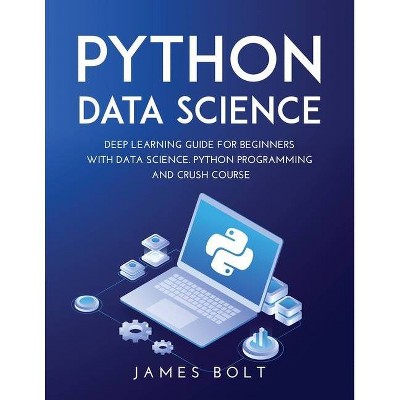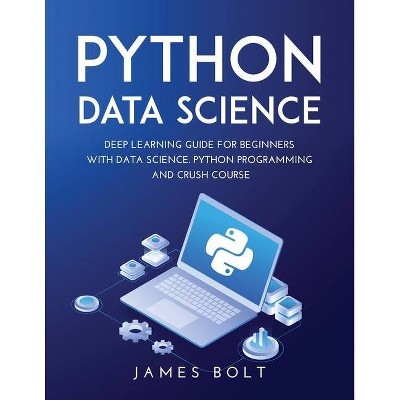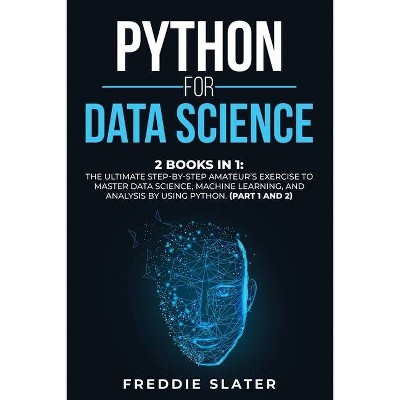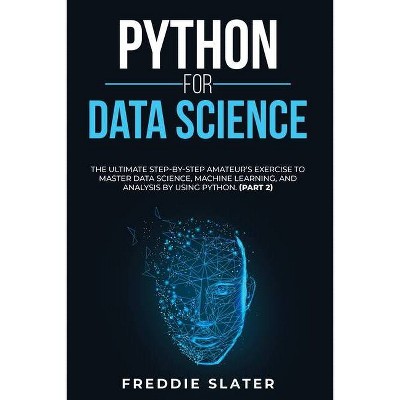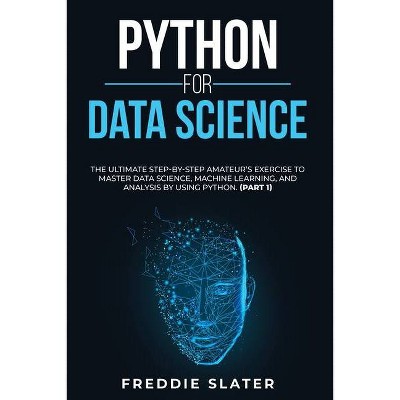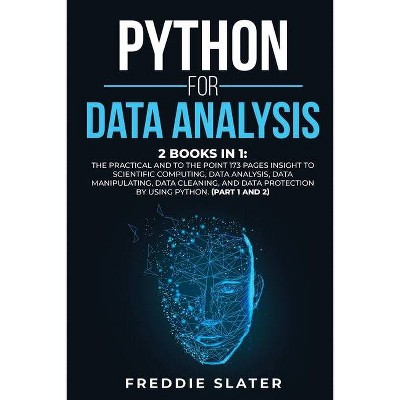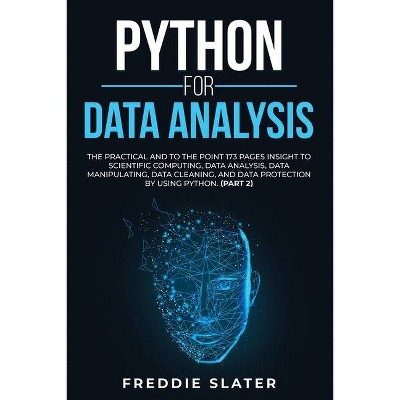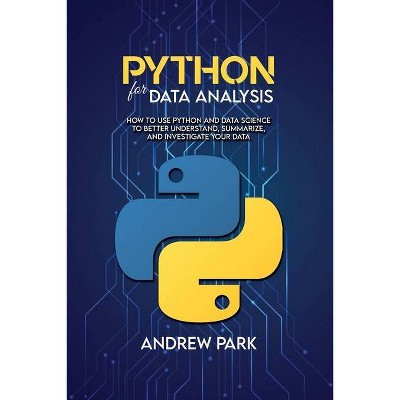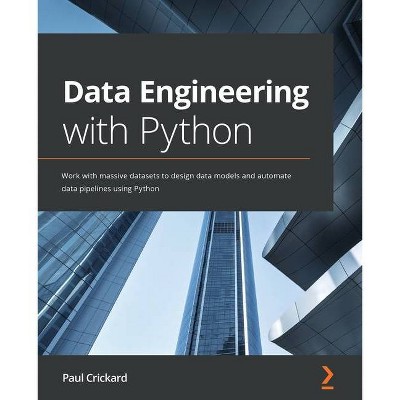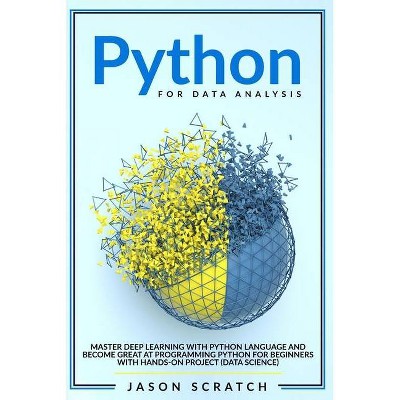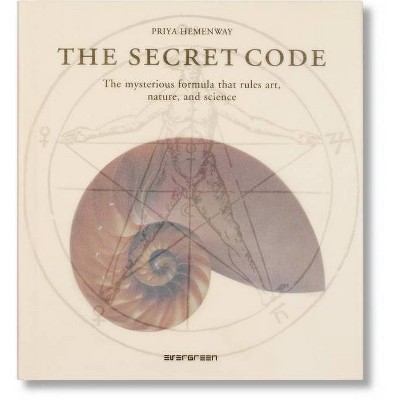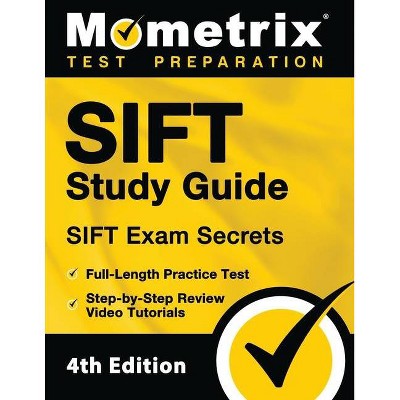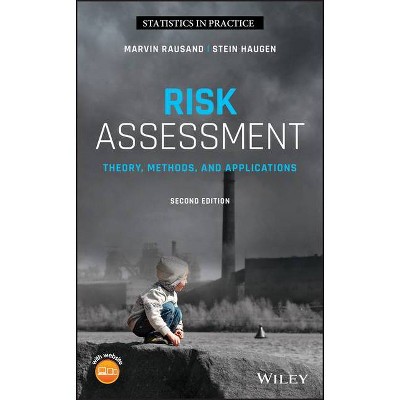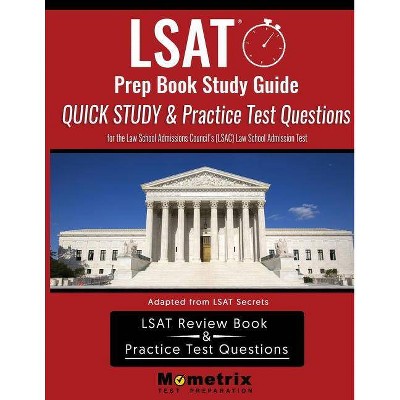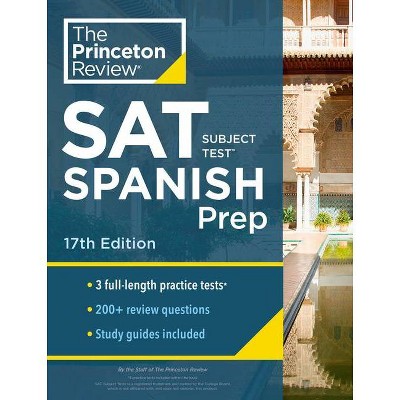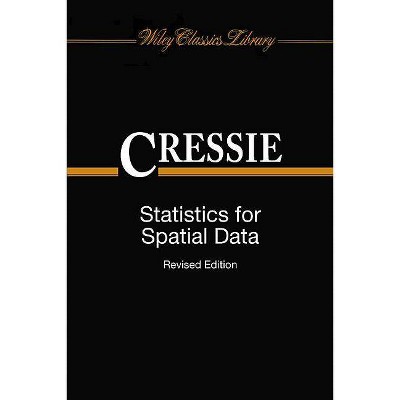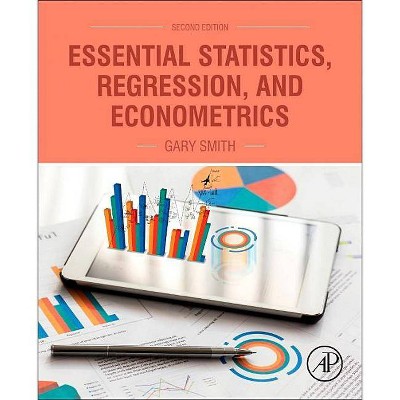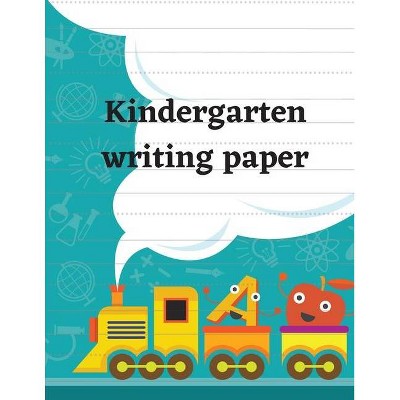A Python Data Analyst's Toolkit - by Gayathri Rajagopalan (Paperback)
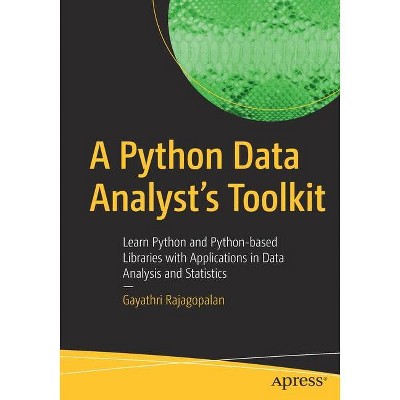
Similar Products
Products of same category from the store
AllProduct info
<p/><br></br><p><b> About the Book </b></p></br></br>"User level: intermediate-advanced"--Back cover.<p/><br></br><p><b> Book Synopsis </b></p></br></br>Explore the fundamentals of data analysis, and statistics with case studies using Python. This book will show you how to confidently write code in Python, and use various Python libraries and functions for analyzing any dataset. The code is presented in Jupyter notebooks that can further be adapted and extended.<br>This book is divided into three parts - programming with Python, data analysis and visualization, and statistics. You'll start with an introduction to Python - the syntax, functions, conditional statements, data types, and different types of containers. You'll then review more advanced concepts like regular expressions, handling of files, and solving mathematical problems with Python. <br>The second part of the book, will cover Python libraries used for data analysis. There will be an introductory chapter covering basic concepts and terminology, and one chapter each on NumPy(the scientific computation library), Pandas (the data wrangling library) and visualization libraries like Matplotlib and Seaborn. Case studies will be included as examples to help readers understand some real-world applications of data analysis. <br>The final chapters of book focus on statistics, elucidating important principles in statistics that are relevant to data science. These topics include probability, Bayes theorem, permutations and combinations, and hypothesis testing (ANOVA, Chi-squared test, z-test, and t-test), and how the Scipy library enables simplification of tedious calculations involved in statistics.<br><b>What You'll Learn</b><ul><li>Further your programming and analytical skills with Python</li><li>Solve mathematical problems in calculus, and set theory and algebra with Python</li><li>Work with various libraries in Python to structure, analyze, and visualize data</li><li>Tackle real-life case studies using Python</li><li>Review essential statistical concepts and use the Scipy library to solve problems in statistics </li></ul><b>Who This Book Is For</b><b><br></b>Professionals working in the field of data science interested in enhancing skills in Python, data analysis and statistics. <p/><p/><br></br><p><b> From the Back Cover </b></p></br></br>Explore the fundamentals of data analysis, and statistics with case studies using Python. This book will show you how to confidently write code in Python, and use various Python libraries and functions for analyzing any dataset. The code is presented in Jupyter notebooks that can further be adapted and extended.<br>This book is divided into three parts - programming with Python, data analysis and visualization, and statistics. You'll start with an introduction to Python - the syntax, functions, conditional statements, data types, and different types of containers. You'll then review more advanced concepts like regular expressions, handling of files, and solving mathematical problems with Python. <br>The second part of the book, will cover Python libraries used for data analysis. There will be an introductory chapter covering basic concepts and terminology, and one chapter each on NumPy(the scientific computation library), Pandas (the data wrangling library) and visualization libraries like Matplotlib and Seaborn. Case studies will be included as examples to help readers understand some real-world applications of data analysis. <br>The final chapters of book focus on statistics, elucidating important principles in statistics that are relevant to data science. These topics include probability, Bayes theorem, permutations and combinations, and hypothesis testing (ANOVA, Chi-squared test, z-test, and t-test), and how the Scipy library enables simplification of tedious calculations involved in statistics.<br>You will: <ul><li>Further your programming and analytical skills with Python</li><li>Solve mathematical problems in calculus, and set theory and algebra with Python</li><li>Work with various libraries in Python to structure, analyze, and visualize data</li><li>Tackle real-life case studies using Python</li><li>Review essential statistical concepts and use the Scipy library to solve problems in statistics </li></ul> <p/><p/><br></br><p><b> About the Author </b></p></br></br>Gayathri Rajagopalan works for a leading Indian multi-national organization, with ten years of experience in the software and information technology industry. A computer engineer and a certified Project Management Professional (PMP), some of her key focus areas include Python, data analytics, machine learning, and deep learning. She is proficient in Python, Java, and C/C++ programming. Her hobbies include reading, music, and teaching data science to beginners. <p/>
Price History
Price Archive shows prices from various stores, lets you see history and find the cheapest. There is no actual sale on the website. For all support, inquiry and suggestion messages communication@pricearchive.us
